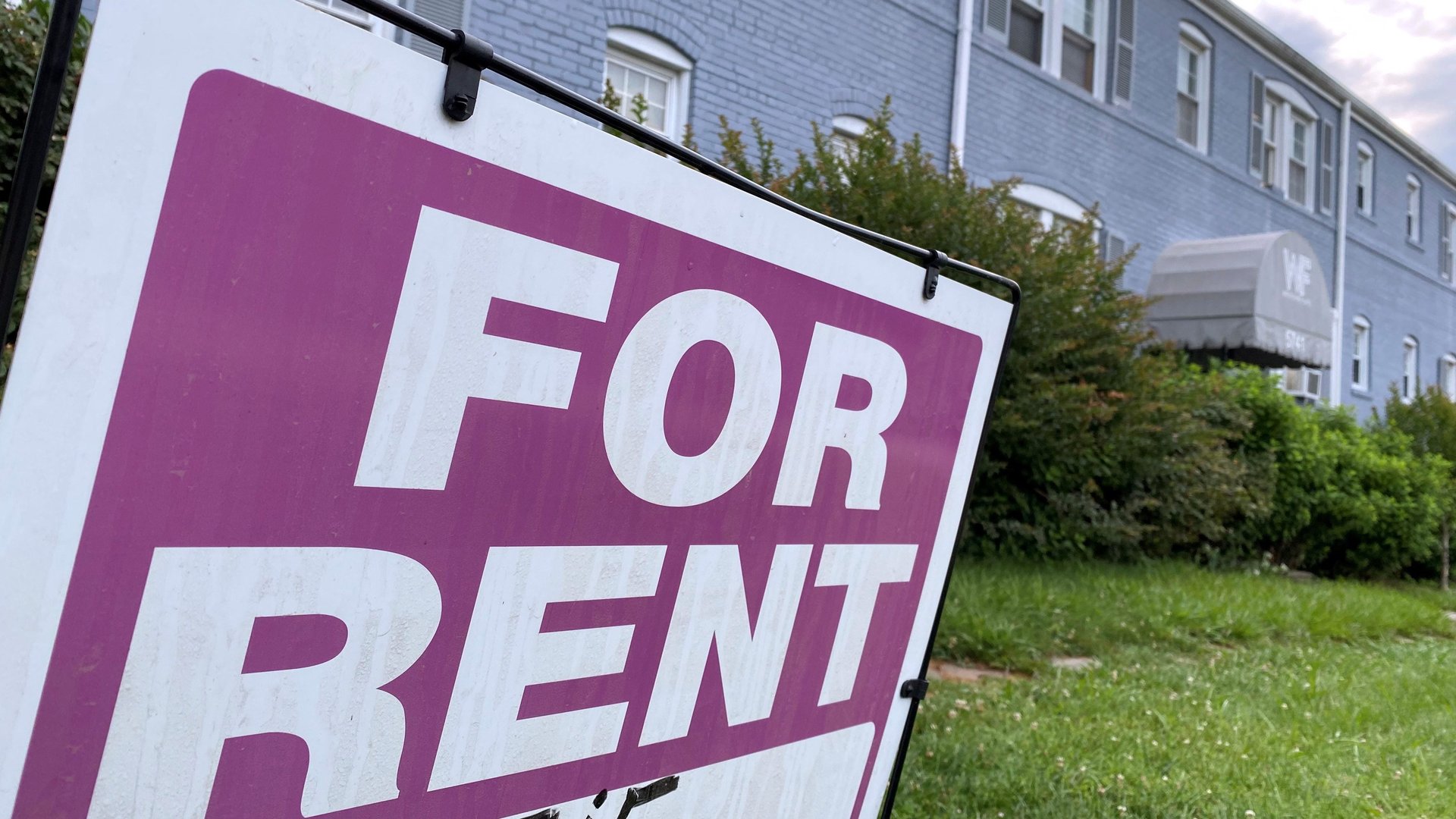Rents in the US are rising even faster than home prices
The pandemic triggered a US housing boom in early 2020 that sent home prices up by more than 20% while rents fell or remained steady across most of the country. That trend is finally reversing in 2021.


The pandemic triggered a US housing boom in early 2020 that sent home prices up by more than 20% while rents fell or remained steady across most of the country. That trend is finally reversing in 2021.
Housing across the board is getting more expensive, but rents have risen sharply as home prices began to plateau in recent months. Over the next year, housing experts say this change will make buying a home more preferable option in most cities than renting. But thanks to an unprecedented housing shortage and soaring prices, buying a home is now out of reach for millions of families at just the moment when it makes the most economic sense to do so.
A tale of two markets in the pandemic
Historically, home buying and rental markets tend to move together. When demand for homes sends prices up, some of that demand “spills over” into the rental market, as people who would like to buy but can’t continue to rent, driving those prices up as well.
The pandemic reversed this historical trend. As lockdowns spread around the US, demand for single-family housing skyrocketed as more people (especially millennials) sought space in the suburbs to live and work. Their long-delayed generational entry into housing sent home prices soaring. At the same time, rents either plummeted or stayed flat depending on the market.
People fleeing packed conditions in big cities depressed rents in places like New York and San Francisco by 20% or more. New data (pdf) from renting and buying real estate platforms OJO Labs and Zumper show this divergence: by Jan. 2021, Boston home prices were up 20% from 2019, while rents were down roughly 15%.
That pattern didn’t hold everywhere. In less-dense cities, rents more or less stayed the same while home prices increased. In sprawling suburban Atlanta, home prices were up 20% in January, but rents only 4%. It wasn’t until recently that prices began to rise together.
Rental prices are now overtaking home prices
Rents are rising alongside home prices nationwide once again thanks to the “spillover” effect: Families looking to buy their first house are being shut out of the market, pushing up demand in the rental market. But this time they’re also rising at a much faster clip than before as property owners make up for lost income during the pandemic.
This is especially true in big cities. Urbanites who can’t break into the expensive real estate markets are remaining renters longer. In cities like New York, median rent has already surpassed the pre-pandemic peak, and the median rent for a one-bedroom apartment in the US rose 11.6% for the year, according to Zumper.
Housing costs going up across the board
The rising prices in US rental markets can be traced back to the imbalance of supply and demand in the housing market. Even before the impacts of the pandemic, the US was dealing with a shortage of new home construction that federal mortgage company Freddie Mac attributes to land use restrictions, labor shortages in construction, and lagging demand from first-time buyers. Economists now estimate that the US faces a housing shortage of between 4 million and 5 million units relative to new households being formed. Today, home builders can’t build new properties fast enough to meet demand from all the new buyers trying to enter the market.
That means rent prices are likely to continue to rise faster than home prices for at least the next year. Realtor.com’s annual housing market forecast predicts national rent growth of 7.1% for 2022 The US home prices continue to rise as well, but more slowly: the national price index rose 1% this September from the previous month, down from month-over-month growth of between 2% and 4% during the beginning of 2021.
All of this means buying will seem more affordable by comparison, according to John Berkowitz, founder and CEO of OJO Labs.
For those who can afford the initial down payment, homeownership typically works out to be a better financial investment in the long run because of equity built over time. But now, rising rents are making the trade-off even clearer. The impacts of increased demand in the housing and rental market, plus across-the-board inflation is going to make the cost of housing go up next year. Berkowitz and others in the real estate industry expect home appreciation and rent growth to slow down, but not stop, later into 2022. Americans are likely to find even a high monthly mortgage payment looks better than rising rents year after year.
That’s not a great situation for those caught in the middle, says George Ratiu, a senior economist at realtor.com. The unaffordability of the rental market and the steep competition for homes leaves many people “squeezed between a rock and a hard place,” he says.